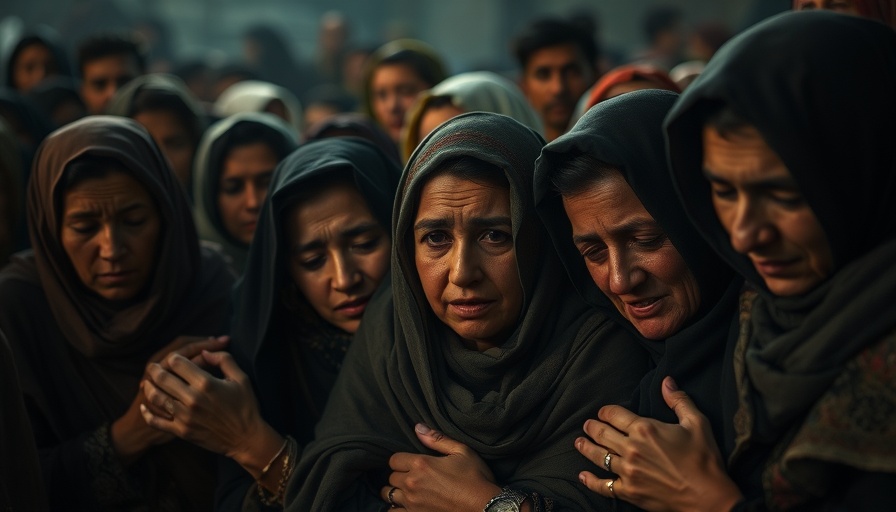
Understanding the Accusations: What Are the Claims of Genocide?
The ongoing conflict in Gaza has once again reached a boiling point, with several Israeli rights groups accusing the state of genocide against Palestinians. This serious allegation stems from a combination of factors: the intensity of military operations, the significant number of civilian casualties, and the precarious humanitarian situation. Reports indicate that attacks have led to thousands of deaths, with many organizations arguing that this constitutes a systematic and intentional campaign against Palestinians.
The Historical Context: A Long-Standing Conflict
The roots of this conflict trace back decades. Understanding this history is vital to comprehending current events. The Israeli-Palestinian struggle has been marked by wars, territorial disputes, and social tensions. The modern state of Israel was established in 1948, leading to the displacement of many Palestinians, and since then, cycles of violence have persisted. Accusations of human rights abuses are not new; organizations on both sides have documented such claims over many years. Today, as violence escalates, the debate surrounding the issues intensifies, with both supporters and critics voicing their opinions.
Perspectives from Human Rights Organizations
Notably, several prominent human rights organizations have spoken out on the situation. Groups such as B’Tselem and Human Rights Watch have documented incidents that they argue violate international law, asserting that Israel’s military response to attacks from Gaza has disproportionately affected civilians. They describe these actions as indicative of genocidal intent, leading to widespread condemnation from various international bodies. However, the Israeli government counters these claims, asserting that its military operations are defensive and aimed at targeting militant groups responsible for firing rockets into Israel.
The Role of International Law
International law plays a significant role in accusations of genocide. The Genocide Convention defines genocide as acts committed with intent to destroy a national, ethnic, racial, or religious group. It’s a high threshold to prove, requiring concrete evidence of intent. The debate over whether actions taken by Israel in Gaza meet this definition is one of the central discussions among scholars, legal experts, and policy-makers.
Voices from Gaza: Human Stories Amidst the Analytical Debate
While reports and analyses are essential, the human aspect cannot be overlooked. Voices from Gaza share harrowing stories of loss and destruction. Families recount their experiences of fleeing their homes with little warning, fearing for their lives. These narratives highlight the urgent humanitarian crisis faced by civilians. Understanding the emotional impact of the conflict adds depth to the legal and political discourse.
Balancing Perspectives: The Case for Ceasefire and Humanitarian Aid
As the war escalates, many voices call for an immediate ceasefire to allow humanitarian aid to flow into Gaza. This stance emphasizes the need for compassion amidst conflict. Advocates for peace argue that a focus on dialogue and diplomacy, rather than military engagement, could pave the way for a lasting solution to the Israeli-Palestinian conflict. International reactions have varied, with some countries expressing solidarity with the Palestinian cause while others firmly support Israel’s right to defend itself.
Looking Towards the Future: Possible Paths to Resolution
As tensions continue to rise, the future remains uncertain. The need for resolution has never been more pressing, with potential peace processes being discussed in various forums. The international community's role may be crucial in mediating talks and ensuring both short-term ceasefires and long-term solutions that address the core issues of the Israeli-Palestinian conflict. A focus on rebuilding trust and promoting dialogue will be essential for healing the wounds inflicted over decades.
Conclusion: A Call for Empathy and Understanding
The complex issues surrounding the accusations of genocide in Gaza call for a balanced understanding of the historic conflict, the present crisis, and the perspectives of all parties involved. This is not just an academic debate; it has profound human implications that deserve empathy and compassion. Engaging with various narratives while advocating for humanitarian efforts may help to bridge some of the divides that seem insurmountable today.
 Add Row
Add Row  Add
Add 



Write A Comment